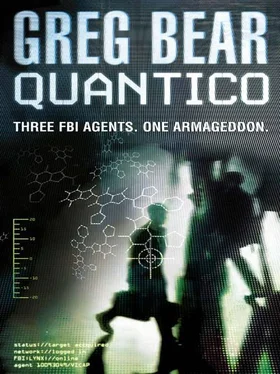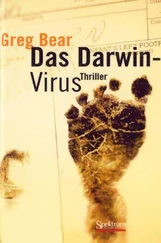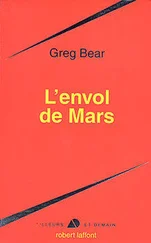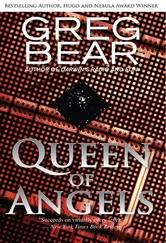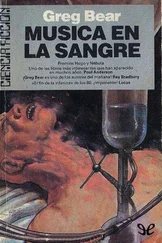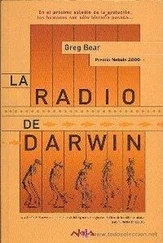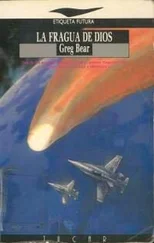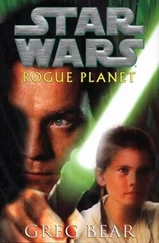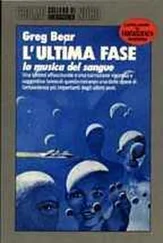‘Thanks, Gabe.’ Jane left the cubicle before he could change his mind.
Back at her desk, she keyed in her new access code, slotted her searches into the top priority Argus queue and watched them move instantly to number five, unleashing ten million little hunters working back through the accumulated hourly records of thousands of split signal pathways to confirm routing through hundreds of servers, all paths ultimately converging on a single ISP, a single user, and slithering in on who and where that user was, no matter the firewalls and other precautions put in place: Argus the thousand-eyed and Spider the master of the Web.
Amazing to think about, and sometimes, it even worked.
With a source confirmed, she would have to get on the horn to the Word Forest, passing her captured pages on to two translators, both female, both familiar with modern Israeli slang.
Jane had two lightly encrypted personal pages relating to an encounter in Kiryat Shimona, three miles from the Lebanese border, with a mysterious, presumably male visitor endowed with many interesting attributes, including one blue eye and one green eye. The roughly one hundred and fifty words of solemn prose conveyed the conflicted but enchanted moonings of an Israeli settler’s lonely wife, still traumatized over being moved by government fiat from their house in the Gaza strip; good enough, but the machine translators had undoubtedly garbled something.
According to the machine, with its usual markups and percentages of confidence, the lonely wife had written with admiration and some repulsion about,
‘ A {sl. expl .=phallus, penis 78%} [skinned back 56%] like a (tribesman’s) nomad’s naked eel. ’
And what in hell did that mean?
Secure Strategic Support Command (SSSC) Forward Base DAGMAR Jordan
Fouad Al-Husam waited nervously at the end of the spare concrete corridor. To his right and left, Forward Team army officers from the UK and the United States stood at parade rest, looking assured in a way he did not feel and possibly would never feel.
Here, in the distant reaches of the Jordanian desert, Fouad had learned just three days ago the details of multilateral logistics support for the insurgents occupying Riyadh, Jeddah, and Mecca. What most of the world regarded as a spontaneous Muslim rebellion against corrupt Saudis now took on the more focused appearance, perhaps even the reality (how could he know how much he was being told?) of a channeled flood of Muslim anger, fed and in some cases incited by other nations in a concerted effort to allow political change while maintaining world oil supplies.
As he had guessed long months ago.
Some called it a controlled burn to prevent much of the world from going up in flames.
Even the Chinese and Indians had secretly signed on, in hopes of maintaining the fuel supplies they desperately needed to keep their white-hot economies growing. The Russians alone, after initial tacit support, had growled back into their caves, angered by this finesse on their plans to marginalize the European Union and the United States.
But the ultimate truth of it was, Muslims were killing Muslims with weapons supplied chiefly by non-Muslims. With the direct aid of Egypt and Turkey-both of whom had once controlled access to Mecca-and to some extent Jordan, a Provisional Hijaz authority was being established in Saudi Arabia, consisting largely of troops from Yemen, Oman, and-fulfilling perhaps the greatest irony of this unpromising century-Iraq.
What Fouad had learned in the last ten days had the effect of both enlightening and corroding him. Muslims were not in charge of their own destinies. They had lost that option centuries ago, really.
In Iran, Muslim rulers still had a modicum of dignity and control but that meant little: Iran was a nation certifiably going insane, with clerics ordaining the shootings and bombings of thousands of protestors, mostly young students; defying international pressure; and moving their few nuclear weapons into positions where they could be launched against Israeli, Turkish, or European targets.
The West’s best and last hope: that most of those weapons were a bluff, and that the single working nuclear weapon in their possession had somehow been triggered at Shahabad Kord within Fouad’s own sight.
The madness that had begun in last century was coming to a head and he was at that head, sitting on an erupting boil of foulness beyond anything even his father or grandfather had conceived of.
‘Here come the boys,’ said the British colonel on Fouad’s left, and smiled assurance. ‘Your best and brightest, I’d say.’
‘The boys’ walked in four ranks of five down the hall with rhythmic step and young, stern faces. They were the first of what some were calling-offensively, in Fouad’s opinion-the Janissaries, after the Balkan Christian children who had been raised to serve Turkish masters under the Ottoman empire. All had been selected by BuDark case officers from an original roster of one hundred candidates. When Fouad had heard of the program that had brought these former orphans to the United States, he had not believed such things possible; now he knew their inevitability.
The ranks of handsome and beardless brown faces approached to within ten feet, then paused with something less than military precision and mimicked the officers before them. Like him, they were officers in BuDark, ostensibly a non-military operation. They stood at parade rest. A few Adam’s apples bobbed. Eyes flicked.
Fouad smiled briefly, then held a frozen expression he hoped conveyed neutral dignity. These men, he was told, would look up to him. He had seen combat; they had not. He spoke many languages. They knew two or at most three. He was blooded. He had killed. They had not. But their combat training exceeded his own. When they realized this, they would be tough to command, and Fouad was not looking forward to such a challenge, but there was no choice.
The die was cast.
Each of these young men had been brought from Iraq or Afghanistan during the Coalition War. They had been handselected from orphans found in various cities and in the countryside, adopted by serving military officers into their own families, and raised in special circumstances. They had been educated in schools in Virginia, Georgia, and California. They had earned the equivalent of high school diplomas and then bachelor degrees in many fields, but they had also received training at Fort Benning, with emphasis on special ops.
An even more select few were still in training at elite Strategic Support bases in Turkey and when they were fielded one of them would likely replace Fouad. But for now, for the next five or six months, this team was his to work with. All part of a grand experiment.
Fouad surmised they had an even chance of being sited in Iran to gather HUMINT, human intelligence. But they had an equal chance of being placed in one or two key positions in or around Mecca. He had already been briefed about that option.
The young Muslim men darted their eyes across the line of solemn white faces and then-as predicted-focused on Fouad.
‘Welcome to Jordan,’ Fouad said. They nodded as one but did not express emotion, though their feelings must have been running high. This was the first time they had been close to their homelands in ten years or more. Then, in Arabic, Fouad added-equally for the benefit of the officers around him-’It is our duty to preserve and further the splendid and blessed culture of Islam in a time of cruel trial. God is great.’
The young men echoed Allahu Akhbar .
‘Ultimately we serve no master but God and God willing, Islam will flourish in our modern world and with our help come to new order and power and achieve new heights. Our re-birth has begun.’
Читать дальше
Конец ознакомительного отрывка
Купить книгу
